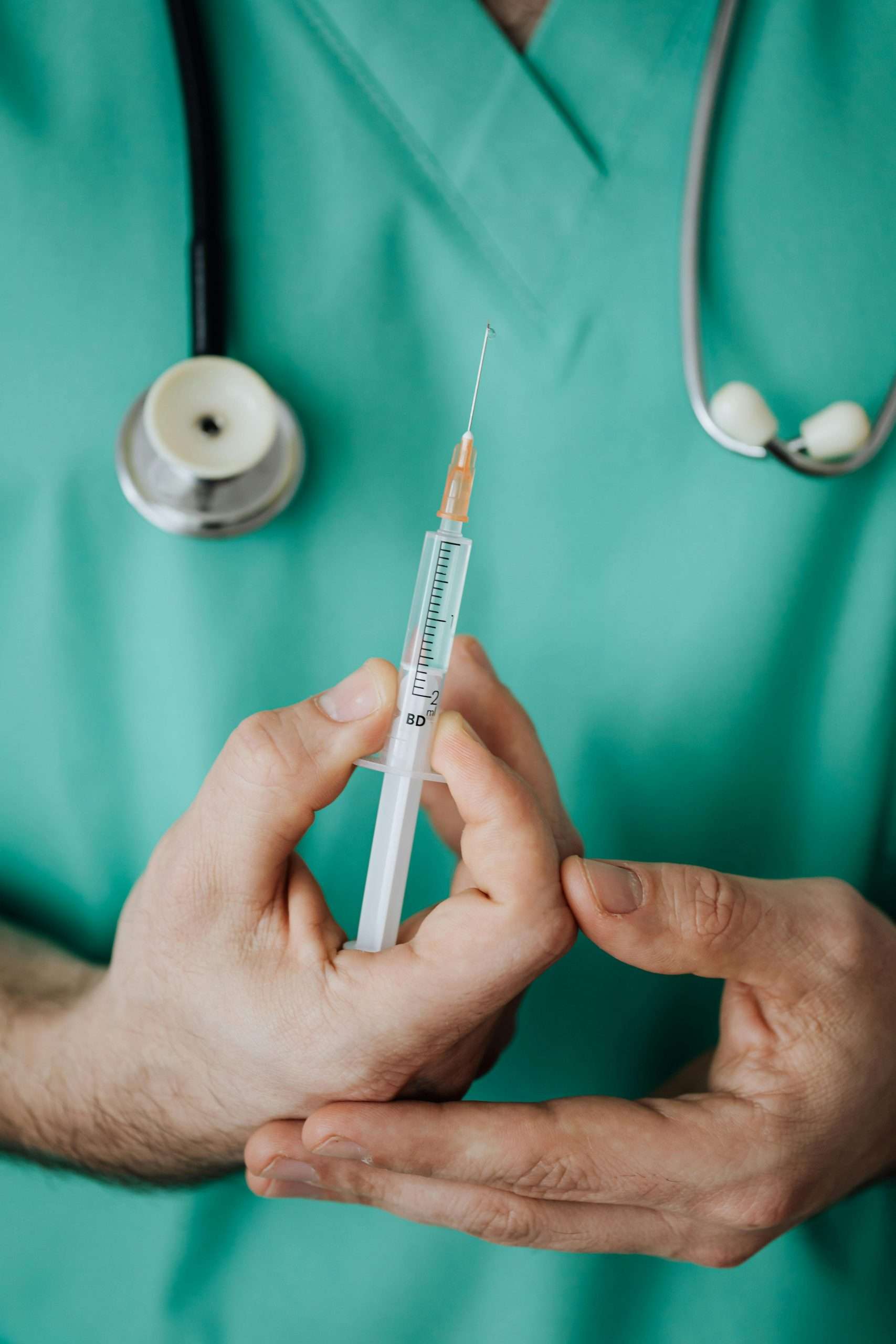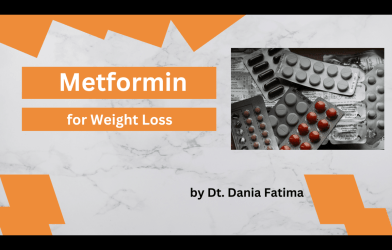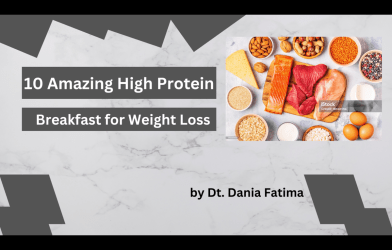Introduction
Weight loss injections reality in science. Are you one of the millions of adults who have tirelessly sought effective weight loss solutions? If so, you’re not alone. The journey to a healthier weight can often feel like an uphill battle, with diets and exercise routines providing only temporary results. However, there’s a promising frontier in the realm of weight loss—injections. This article delves deep into the world of weight loss injections, exploring the science behind these treatments, their potential benefits, and what they mean for adults seeking long-term weight management solutions. Let’s unravel the mystery and discover how these modern interventions are breaking barriers in weight loss.
The Struggle of Traditional Weight Loss Methods
For many, traditional weight loss methods such as dieting and exercising can become discouraging due to varying degrees of effectiveness. While some see immediate results, others may toil for months with little to show for their efforts. This inconsistency often leads to frustration and a feeling of hopelessness. Additionally, factors like genetics, metabolism, and hormonal imbalances can make weight loss even more challenging, despite rigorous adherence to recommended routines. With these obstacles in mind, the emergence of weight loss injections offers a beacon of hope, promising more consistent and sustainable results for individuals struggling with stubborn weight issues.
Understanding Weight Loss Injections
Weight loss injections are medically supervised treatments designed to help individuals lose weight more effectively. These injections often contain specific medications that work through various mechanisms to reduce appetite, increase metabolism, and promote fat loss. They offer an alternative to traditional weight loss methods, providing an option for those who have struggled with diet and exercise alone.
Benefits of Weight Loss Injections
Sustainable Weight Loss: Unlike fad diets that offer short-lived results, weight loss injections are designed to provide sustainable and long-term weight loss.
Improved Health: By facilitating weight loss, these injections help lower the risk of obesity-related conditions such as type 2 diabetes, hypertension, and cardiovascular diseases.
Convenience: With a structured regimen, weight loss injections fit seamlessly into a busy lifestyle, eliminating the constant focus on dieting.
Enhanced Metabolism: Certain injections can boost metabolism, making it easier to burn calories and lose weight more efficiently.
A Closer Look at Different Weight Loss Injections
SGLT-2 Inhibitors
Mechanism: SGLT-2 inhibitors work by preventing the kidneys from reabsorbing glucose, leading to increased glucose excretion and calorie loss.
Effectiveness: Clinical studies have shown significant weight loss in individuals with obesity and type 2 diabetes, averaging 5-10% of total body weight over 6-12 months.
FDA-Approved: Various SGLT-2 inhibitors are FDA-approved for treating type 2 diabetes and have demonstrated weight loss benefits.
GLP-1 Receptor Agonists
Mechanism: These injections increase insulin secretion, decrease glucagon secretion, and slow gastric emptying, collectively reducing appetite and calorie intake.
Effectiveness: Research indicates an average weight loss of 5-10% of total body weight over 6-12 months in individuals with obesity and type 2 diabetes.
FDA-Approved: Several GLP-1 receptor agonists are FDA-approved for treating type 2 diabetes and obesity.
Bariatric Embolization
Mechanism: Bariatric embolization involves the selective embolization of arteries supplying the stomach to reduce its blood supply, leading to a sensation of fullness and reduced food intake.
Effectiveness: Clinical trials, including the BEAT Obesity trial, have reported an average 12% reduction in excess weight at 12 months post-treatment, with no significant adverse effects.
Minimally Invasive: This procedure is minimally invasive and does not involve surgery on the stomach or intestines.
Lipotropic Injections
Mechanism: Lipotropic injections contain a combination of vitamins, minerals, and amino acids that promote fat metabolism and liver health.
Effectiveness: Studies suggest enhanced fat metabolism, aiding in weight loss, with individuals experiencing an average weight loss of 10-15 pounds over 6 months.
Safety Profile: These injections are considered relatively safe with minimal side effects, primarily at the injection site.
Supporting Evidence from Clinical Trials
The scientific community has conducted various studies to evaluate the efficacy and safety of weight loss injections:
SGLT-2 Inhibitors: A study published in The New England Journal of Medicine demonstrated significant weight loss benefits for individuals with obesity and type 2 diabetes using SGLT-2 inhibitors.
GLP-1 Receptor Agonists: The SCALE Obesity and Prediabetes trial and the LEADER trial, both published in The Lancet, showed promising results for GLP-1 receptor agonists in weight management.
Bariatric Embolization: The BEAT Obesity trial, published in Radiology, highlighted the effectiveness of bariatric embolization in achieving substantial weight loss.
Lipotropic Injections: Research published in the Journal of Alternative and Complementary Medicine provided insights into the safety and efficacy of lipotropic injections for fat metabolism and weight loss.
Success Stories about weight loss injections
Case Study 1
A 35-year-old woman diagnosed with obesity and type 2 diabetes embarked on a regimen of SGLT-2 inhibitors. Over six months, she experienced a significant weight loss of 25 pounds, achieved better glycemic control, and reduced her reliance on diabetes medications.
Case Study 2
An individual with a BMI of 35 participated in the BEAT Obesity trial and underwent bariatric embolization. At 12 months post-treatment, he showed a 12% reduction in excess weight without significant adverse effects, reinvigorating his journey to a healthier weight.
Case Study 3
A 42-year-old man combined GLP-1 receptor agonists with lifestyle modifications. Over a year, he lost 30 pounds, improved his metabolic health, and reduced his risk of cardiovascular disease, as demonstrated in the SCALE Obesity and Prediabetes trial.
Case Study 4
A series of individuals incorporated lipotropic injections into their weight loss regimen. They experienced faster fat metabolism and an average weight loss of 10-15 pounds over six months.
Potential Side Effects
While weight loss injections offer promising benefits, it’s essential to be aware of potential side effects:
GLP-1 Receptor Agonists and SGLT-2 Inhibitors: Common side effects include nausea, diarrhea, and vomiting.
Hypoglycemia: Certain medications can increase the risk of hypoglycemia, particularly in individuals with diabetes.
Urinary Tract Infections and Genital Yeast Infections: SGLT-2 inhibitorsmay lead to an increased risk of urinary tract infections and genital yeast infections.
Increased Ketones: SGLT-2 inhibitors can raise ketone levels in the blood, increasing the risk of diabetic ketoacidosis.
Conclusion
Weight loss injections represent a groundbreaking approach to achieving sustainable weight loss and improving overall health. Backed by scientific evidence and clinical trials, these injections offer new hope for adults struggling with weight management. Whether it’s SGLT-2 inhibitors, GLP-1 receptor agonists, bariatric embolization, or lipotropic injections, each option comes with its unique mechanisms and benefits.
If you’re ready to take the next step in your weight loss journey, consult with a healthcare professional to determine the best approach for you. Remember, the path to a healthier weight is not a one-size-fits-all solution, but with the right guidance and support, you can achieve remarkable results.
Maintaining a commitment to healthy lifestyle choices, such as balanced nutrition, regular physical activity, and stress management, remains integral to the success of any weight loss endeavor, including those supplemented by weight loss injections. While the benefits of these treatments are significant, they are most effective when combined with a holistic approach to health and well-being.
Additionally, it is important to approach weight loss with realistic expectations and a mindset focused on long-term health rather than immediate results. Consistent follow-ups with healthcare providers can ensure that any weight loss strategy remains safe and effective, adjusting as necessary to meet individual needs and goals.
Ultimately, the journey to achieving and maintaining a healthy weight is multifaceted. Weight loss injections provide a valuable tool in this journey, yet the importance of ongoing support, education, and personalized care cannot be overstated. By integrating these elements, individuals are more likely to see sustainable, positive changes in their health and quality of life.


















